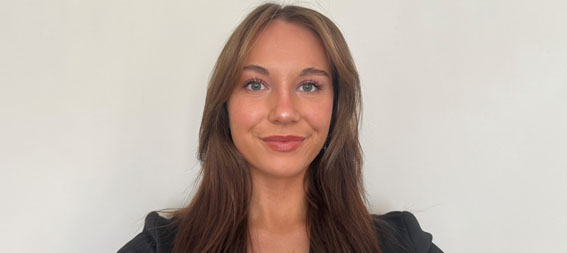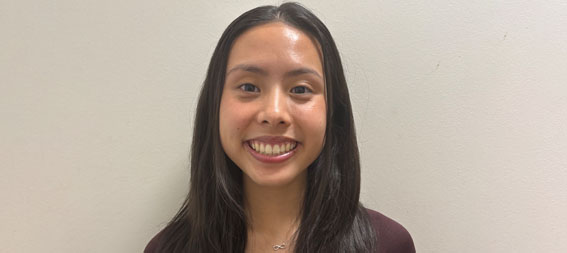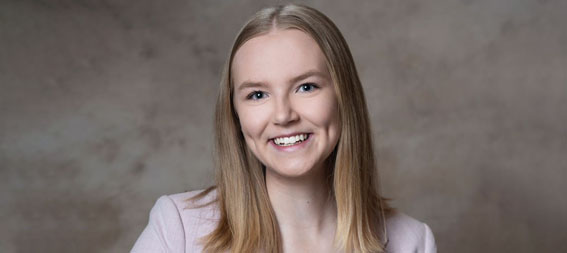Jennifer J.
2025 Scholarship Recipient
Scholarship Amount: $10,000
School: University of Saskatchewan
Program: Psychology
Losing my father to lung cancer at nine years old altered the course of my life. As an Indigenous woman growing up in Martensville—a small, predominantly white city in Saskatchewan—I often felt out of place, isolated, and unseen. That feeling only deepened after my dad passed away. My mother, who was raised with significant trauma stemming from her time in Indian Day School and being shunned by her family at just 17, struggled with addiction and alcoholism. Her pain became the environment I was raised in.
By the time I was ten, the instability at home led to intervention from social services, and I was taken from my mother’s care for nearly a year. Those months were incredibly difficult—I was separated from the only parent I had left and placed in a system that often fails to understand or support Indigenous children. Even when I was reunited with my mother, the instability continued. We moved homes four times due to financial strain and housing insecurity. There was no foundation—no stable ground to stand on.
My father didn’t have life insurance, and the absence of financial support after his death created a ripple effect that continues to impact me. Without life insurance, there was no money to support my education, cover basic needs, or give us the time to grieve. Instead of healing, my family struggled just to survive. If life insurance had been in place, things could have been very different. My mom may have received the support she needed to seek recovery sooner, we may have had a permanent home, and I may have been able to focus on school instead of survival.
At just 11 years old, I began working as a StarPhoenix newspaper carrier. By 14, I was working full-time at Tim Hortons, where I eventually became a supervisor by 18. These jobs weren’t optional—they were essential for supporting my mom and I with rent, bills, and barely $100 left each month for groceries. Since 2019, I’ve also taken on the role of caregiver for my three nieces, providing them with stability and emotional support—the kind I once needed myself.
Despite every barrier—and many more not discussed here—I’ve never stopped pursuing education. I’m currently in university, working toward a Bachelor of Arts in Psychology with the goal of earning a Ph.D. and specializing in youth and addiction work. I am the first in my family to attend post-secondary, and I’ve never missed a term despite the personal hardships I’ve faced. My lived experiences have shaped not only my career goals but also my commitment to creating change within my community.
The loss of my father, my experiences in care, and growing up as an Indigenous girl in a predominantly white city all shaped the person I’ve become. While life insurance could have eased many burdens, it’s my resilience, identity, and deep love for my family that carried me forward. I continue to fight for a better future—for my nieces, my future family, and my community.


